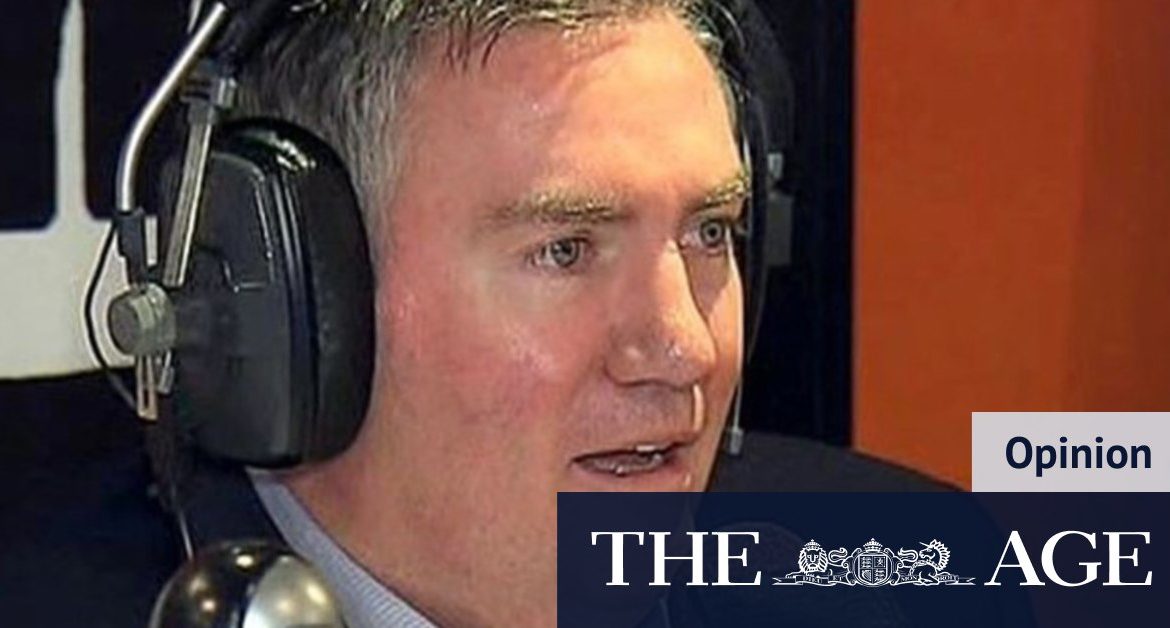A few years ago, the school I attended, Knox Grammar, was discussed, at length, in the Royal Commission into Institutional Responses to Child Sexual Abuse. The head of the school had not effectively dealt with abuse; the teachers – several later convicted of crimes – had not been reported to police.
This was a shock; I had known some of those teachers. Most of all, it was confronting, asking me to re-examine my fairly happy memories of that time. I had had a good experience; I had taken away much of value, as had many of my peers. Most of my teachers had been brilliant. But what did those experiences mean, when stacked up against the horror some children faced? Did it make any sense to say both that the school had been, for some of us, a good school, and for others a hell? Or did any claim the school made to having been “a good school” simply vanish? What value should be placed on the HSC results of those years, or the enrolments, or the money the school had made?
Presiding over a club found to have a problem with systemic racism, didn’t stop Eddie Maguire’s tenure at Collingwood being judged a success.
Some of you, perhaps even most of you, will have your own clear answers to those questions. I wonder, then, what your answers might be to a set of similar questions – on a very different issue – in relation to the recent controversy around Collingwood Football Club.
The situations cannot be compared directly. But as I watched the parade of public figures farewelling, with varying degrees of joy and sorrow, Eddie McGuire, I found myself considering similar questions. Again and again, McGuire’s success was mentioned, even by his detractors. He had steered the club to glory, united warring factions, moved training grounds, rebuilt the club. In various ways, he had promoted inclusion, and helped those in need. This was predictable from his allies, but it came from critics too: he had failed on systemic racism, but in most other areas he had been very effective.







